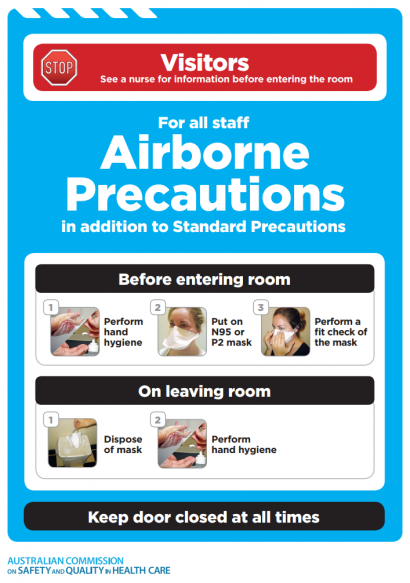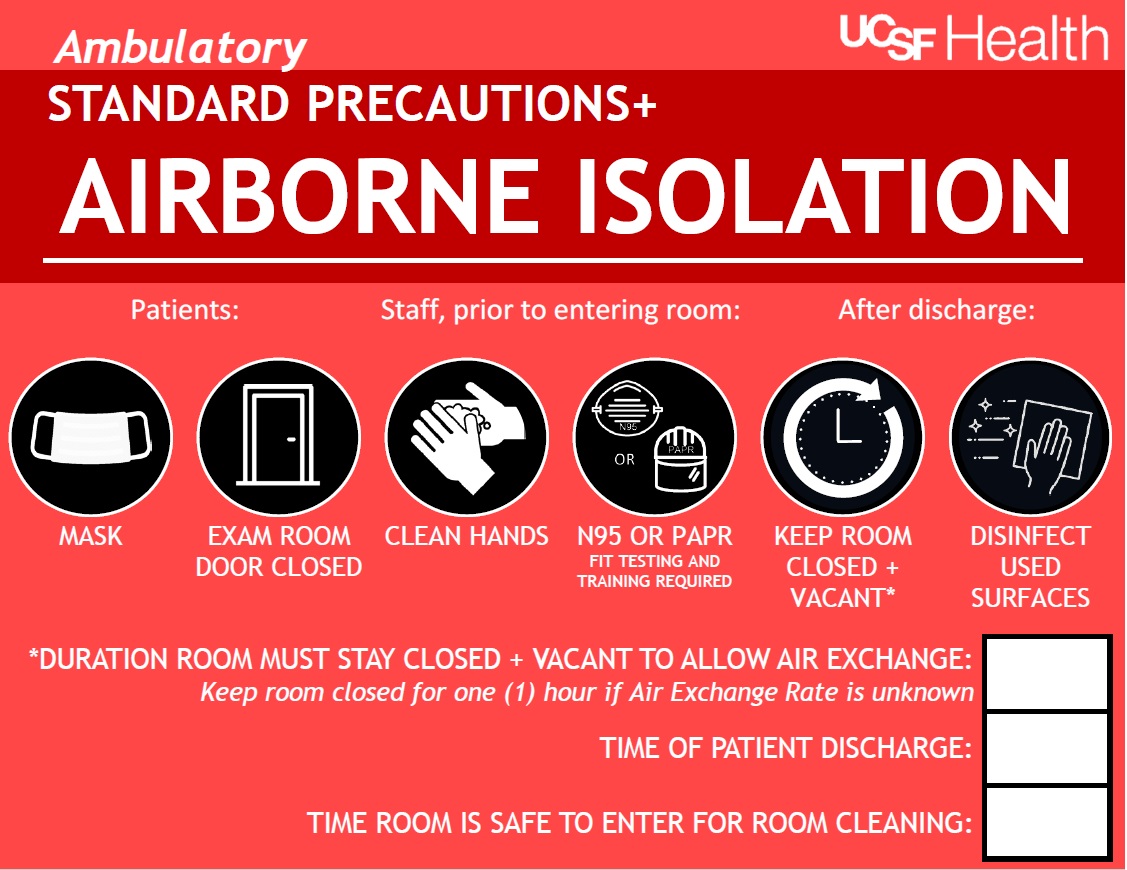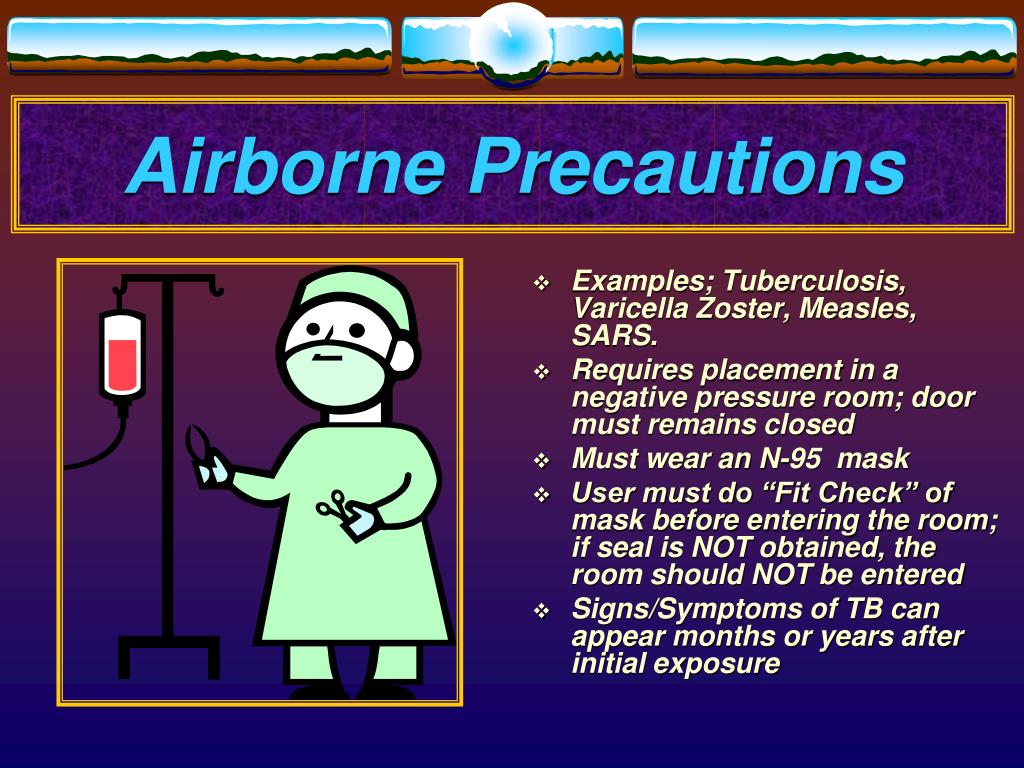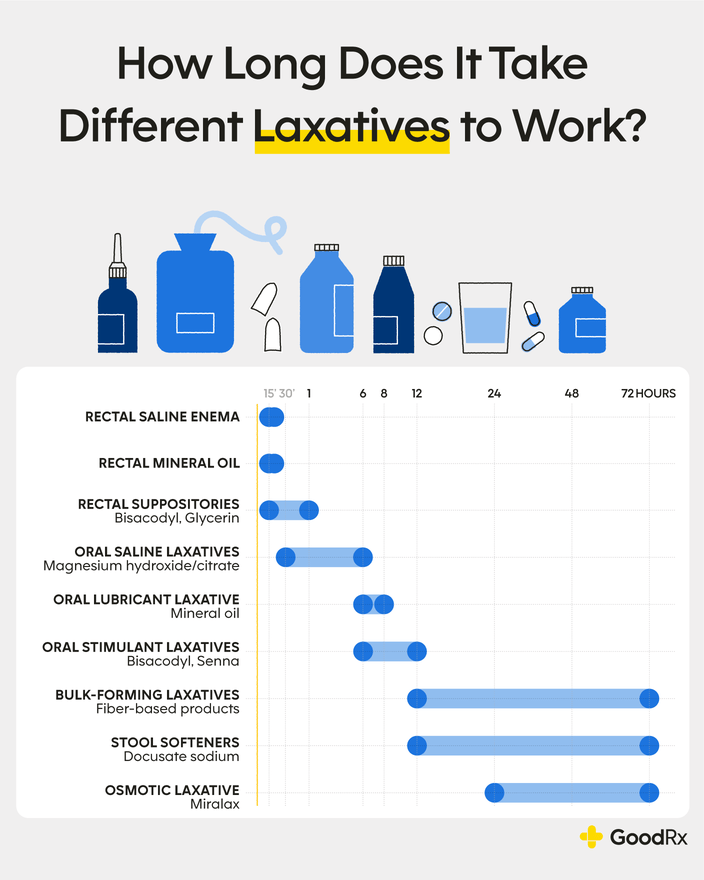How Long Should You Take Airborne
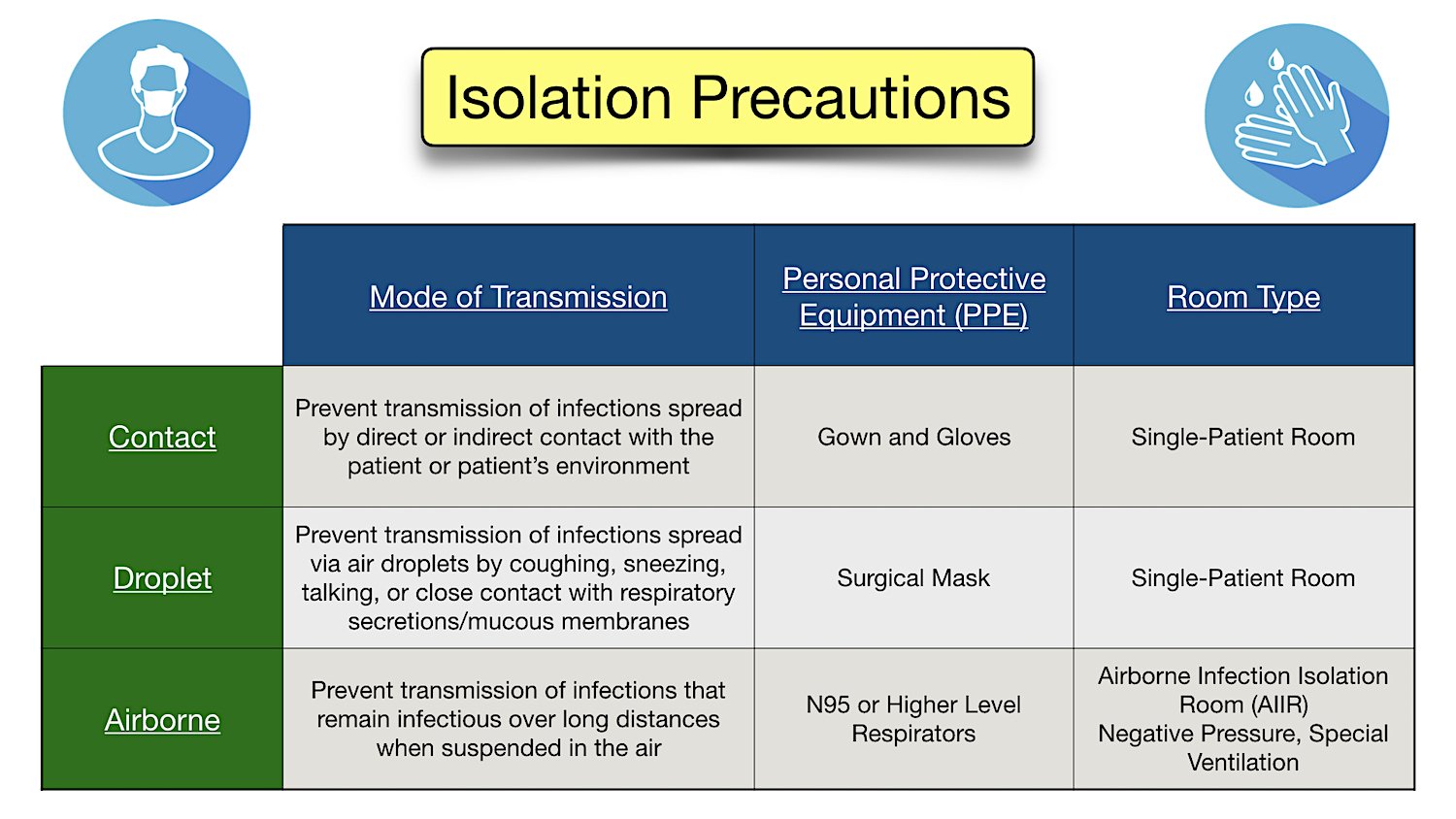
Imagine waking up with that familiar tickle in your throat, the one that whispers, "Uh oh, something's brewing." You reach for the familiar orange tube of Airborne, the promise of immune support fizzing in a glass of water. But as you gulp it down, a nagging question lingers: how long *should* you actually be taking this stuff?
The question of how long to take Airborne isn't as straightforward as the directions on the box might suggest. While often perceived as a short-term solution for warding off colds, understanding the nuances of its ingredients, your individual health needs, and expert recommendations is crucial to using it effectively and safely. This article delves into the complexities of Airborne usage, offering clarity on its intended purpose, optimal duration, and potential considerations.
The Rise of Immune Support Supplements
The modern obsession with immune-boosting supplements is hardly new. For decades, people have sought ways to fortify their bodies against the onslaught of germs and viruses. Airborne, with its effervescent delivery and potent blend of vitamins, has become a ubiquitous presence in this landscape.
The brand's marketing initially capitalized on the fear of catching germs on airplanes – hence the name. However, its popularity has soared, transforming it from a niche travel product to a mainstream preventative measure used by countless individuals year-round.
What's Inside That Fizzy Tablet?
Airborne's primary appeal lies in its ingredient list. It's a cocktail of vitamins (like Vitamin C, Vitamin E, and Vitamin A), minerals (like zinc and selenium), and herbal extracts.
Vitamin C is the star of the show, famously associated with immune function. Zinc is another vital mineral known to play a critical role in immune cell development and function, according to the National Institutes of Health (NIH).
Decoding the Dosage: How Long is Too Long?
The package instructions for Airborne typically recommend taking one tablet every 3-4 hours, up to a maximum of 3 tablets per day. But this guidance is designed for short-term use, typically during periods of heightened exposure to illness or when experiencing early symptoms.
Long-term, continuous use requires a more nuanced approach. The crucial point is that Airborne is designed to be a supplement, augmenting a healthy diet and lifestyle, not replacing them.
Potential Downsides of Prolonged Use
While generally considered safe for most people, prolonged, excessive intake of certain Airborne ingredients can lead to adverse effects. Too much Vitamin C, for example, can cause gastrointestinal distress.
High doses of zinc can interfere with the absorption of other minerals, such as copper, and can even weaken the immune system in the long run. Consulting a healthcare professional is essential before engaging in long-term supplementation.
Expert Opinions and Guidelines
Medical professionals often advise a cautious approach to immune-boosting supplements. Many experts emphasize the importance of a balanced diet, regular exercise, and sufficient sleep as the cornerstones of a healthy immune system.
Dr. Emily Carter, a family physician, states, "While supplements like Airborne can provide a temporary boost, they shouldn't be relied upon as a substitute for healthy habits. I generally recommend using them for a limited time, such as during cold and flu season or when traveling, and always within the recommended dosage."
When to Consider Talking to Your Doctor
Certain individuals should exercise extra caution and consult their doctor before taking Airborne, even for short periods. This includes pregnant or breastfeeding women, people with pre-existing medical conditions, and those taking prescription medications.
Some ingredients in Airborne may interact with certain medications or exacerbate existing health issues. A healthcare professional can assess your individual risk factors and provide personalized recommendations.
Practical Tips for Responsible Use
If you choose to take Airborne, consider these guidelines to ensure responsible and effective use: Limit intake to the recommended dosage. Do not exceed the maximum number of tablets per day.
Use it strategically, not continuously. Consider taking it only during periods of increased risk, such as when traveling or when you feel a cold coming on. Prioritize a healthy lifestyle. Focus on eating a balanced diet rich in fruits and vegetables, getting enough sleep, and exercising regularly.
Alternatives to Long-Term Supplementation
Rather than relying on long-term supplementation, explore natural ways to support your immune system. Eating foods rich in Vitamin C (citrus fruits, berries), zinc (oysters, beef, pumpkin seeds), and other essential nutrients can provide sustained immune support.
Regular exercise and adequate sleep are also powerful immune boosters. Managing stress through techniques like meditation or yoga can also contribute to a healthier immune system.
Conclusion: A Holistic Approach to Wellness
Ultimately, the optimal duration for taking Airborne depends on individual circumstances and health goals. While it can provide a temporary boost to your immune system, it's not a magic bullet.
A more holistic approach that combines strategic supplementation with a healthy lifestyle and expert guidance is the key to long-term wellness. Listen to your body, consult with healthcare professionals, and prioritize sustainable habits that nurture your immune system from the inside out.

